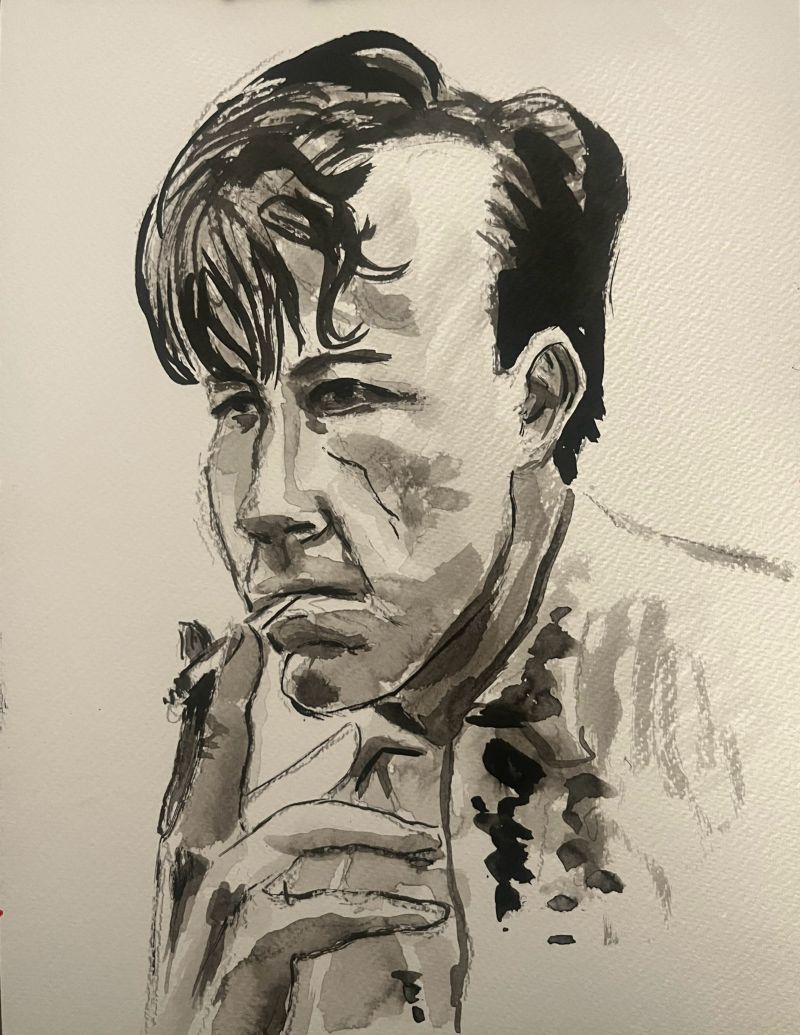1.5.2
Newsjunkie.net is a resource guide for journalists. We show who's behind the news, and provide tools to help navigate the modern business of information.
Use of Data1.5.2
1.5.2

January 22, 1940 – November 4, 2024
Jim Hoagland, a Pulitzer-winning foreign correspondent, editor, and columnist for the Washington Post died on Monday in Washington. He was 84.
Hired by Ben Bradlee in 1966 to work as a metro reporter, Mr. Hoagland quickly became a favorite of Katharine Graham, the newspaper’s longtime publisher, who often took him on her trips abroad to meet foreign leaders.
His first major series, which won the 1971 Pulitzer Prize for international reporting, became the basis of the book, “South Africa: Civilizations in Conflict” (1972) and is widely credited with helping to introduce apartheid as a moral issue in American foreign policy.
He later served as bureau chief in Beirut and Paris, and then in Washington as a diplomatic correspondent. In 1979, Mr. Bradlee made him foreign editor.
In that job he hired platoons of reporters, opened bureaus in Ivory Coast, New Delhi and Warsaw and, he claimed, was soon running more articles from overseas than the New York Times.
“He really was the best editor I ever had, in the sense that he was able to keep prodding me with questions to dig into the root of a story,” said William Drozdiak, whom Mr. Hoagland hired to cover West Germany and who later became the Post’s foreign editor.
Mr. Hoagland returned to Paris in 1986, this time to write a twice-weekly foreign affairs column, which was later syndicated, appearing in scores of newspapers. With the column, he established a reputation for sober news analysis rooted in deep reporting.
He won his second Pulitzer in 1991 for columns on the collapse of the Soviet Union and the Persian Gulf war.
Jimmie Lee Hoagland was born on Jan. 22, 1940, in Rock Hill, near the North Carolina border.
He studied journalism at the University of South Carolina and worked summers at the Rock Hill Evening Herald. He graduated in 1961 and then spent two years studying French at the University of Aix-en-Provence.
Mr. Hoagland served in the Air Force in Germany for two years. After being discharged, he was on his way back to South Carolina to look for a job, perhaps in a congressional office, when he stopped in Washington to see a friend—whose brother introduced him to Mr. Bradlee.
One question he was asked was how he connected his down-home past to his globe-trotting present.
“My strength as a foreign correspondent,” he replied in one such interview, with The State in 1981, “was that I conveyed a sense of adventure. I guess that’s why I’m in the business. It’s a daily sense of adventure.”
Sources
New York Times. Jim Hoagland, journalist on world affairs, dies at 84
Washington Post. Jim Hoagland, Pulitzer-winning voice on world affairs, dies
Le Monde. Jim Hoagland, distinguished Washington Post journalist, dies
Pultizer Board. 1971 awardees
© 2024 Newsjunkie.net